I was recently asked to share my take on Pinterest for a friend’s presentation about the hits and misses of social media marketing. It got me thinking about how different Pinterest is from other platforms—and why that’s actually a good thing for book creators.
So I decided to expand my thoughts here, in case you’ve been wondering whether Pinterest is worth your time, or how to make it work better for your books, your blog, or your programs. Here’s what I’ve learned.
What’s Working: Pinterest Hits
1. Pinterest is really a search engine—not a social platform.
It’s easy to lump Pinterest in with other social media platforms, but it’s more like Google than Instagram. People don’t go there to follow updates or engage in conversation. They go to find ideas. Pinterest is built on search, and the tone is overwhelmingly positive—focused on inspiration, creativity, and learning.
That makes it a lovely space for authors, especially those of us who are in this for the long haul. You don’t have to chase trends or shout into the void. Instead, you can share thoughtful, helpful, timeless content that reflects what you care about.
2. Content on Pinterest is evergreen.
Unlike a tweet that disappears in hours or an Instagram post that’s buried in a day, pins on Pinterest continue to be discovered long after you post them. In fact, some of the best-performing pins I’ve seen weren’t instant hits—they gained momentum months after posting.
That means the time and care you put into your pins isn’t wasted. You’re building something that grows with time, not something that fades overnight.
3. Pinterest users search by themes, values, and educational needs.
This is one of my favorite things about the platform. People search for things like “books about kindness,” “resources for teaching climate change,” or “chapter books for reluctant readers.” These aren’t just keywords—they’re doors into meaningful conversations.
As authors, educators, and book creators, we often write with themes and values in mind. Pinterest gives us a place to share those ideas in a way that helps people find exactly what they’re looking for. It’s not about selling—it’s about serving. And when we serve well, the right readers come.
What’s Tricky: Pinterest Misses
1. Focusing too much on yourself, not your audience.
This is an easy trap to fall into on any platform. But Pinterest is especially unforgiving if the content is all about you—your book launch, your reviews, your accomplishments. It’s not that those things don’t matter, but they need to be reframed.
Ask: How does this help someone? What can they take away from it? Can I share a theme or a tip or a classroom activity instead of just saying “look at my book”?
2. Time-stamped content doesn’t hold up.
Things like pre-order announcements, event promotions, or launch dates have a short shelf life. On Pinterest, that kind of content gets buried fast—because people aren’t searching for what happened last week. They’re searching for ideas and inspiration they can use right now.
The workaround? Think about how you can turn time-sensitive info into evergreen value. Instead of “My book launches June 3rd,” try “A heartfelt story about finding your voice—great for middle schoolers navigating change.”
3. Not being on Pinterest at all.
This one’s a quiet miss, but it’s big. A lot of authors and publishers just haven’t explored Pinterest, and in doing so, they’re missing out on a platform that’s tailor-made for long-term discoverability. It’s not flashy or fast. But it’s steady—and sometimes, that’s exactly what we need.
Pinterest works while you sleep. It gently nudges your work into the world, again and again, in front of people who are already searching for something like it.
In Closing...
Pinterest might not be the loudest voice in the room, but it’s one of the most dependable. If you create with care and stay focused on the people you’re hoping to reach, it can become a quiet engine behind your work—keeping your books and ideas discoverable for years to come.
And honestly? That kind of slow-burn visibility is worth showing up for.



